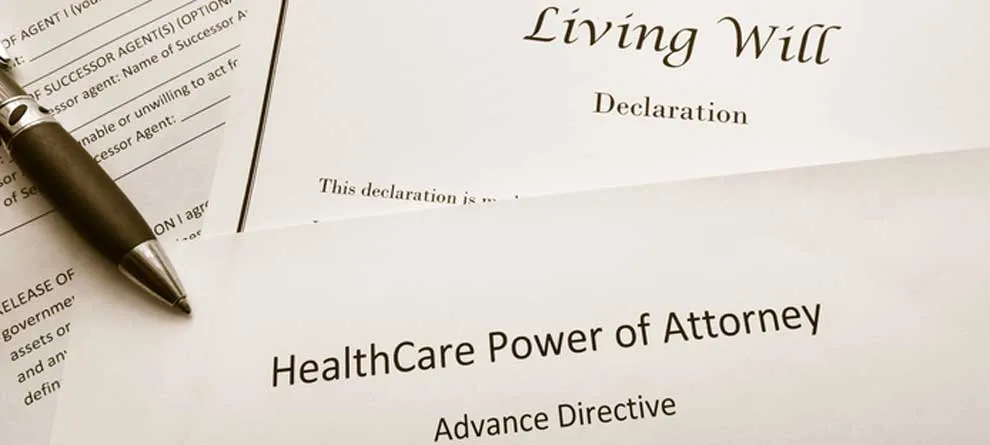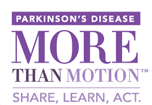
The Uncomfortable Conversation No One Wants to Have
It can be difficult to even contemplate what you want to happen at the end of your life let alone to talk about your preferences with family members. “So many people are afraid to have those conversations,” says Debra Feldman, member of the board of directors of the Aging Life Care Association. “Even if you’re healthy, it’s never too early to start the discussion.”
Talking about your own death gives you some control of your life and how you’d like it to end. On a practical level, it allows you to make decisions about your healthcare and financial matters now, and relieves your family of having to do so in the midst of an unforeseen crisis or unexpected event. Try inviting family members over to discuss it during coffee or before an at-home movie night. And if they’re reluctant to engage, put your preferences in a document and give them a physical copy as well as emailing it. This can help bring you and your family members peace of mind.
Tell Family Members Your Healthcare Wishes
When making end-of-life healthcare decisions, begin by asking yourself how long you want to be kept alive if your body begins to fail. Next, it’s a good idea to complete a health care power of attorney, a legal document in which you state your preferences regarding end-of-life medical care, including types of treatments you do and do not want, in case you are no longer able to communicate your wishes. (Resuscitation if your heart stops? Intubation and a breathing machine? A feeding tube if you can no longer swallow?) Every state has its own forms, so you’ll need to check with your Health and Human Services department or a legal professional. To make decisions for your health when you’re not able to, you’ll need to choose someone to be your healthcare proxy.
Share Your Financial Wishes and Get Organized
Along with your will, any paperwork for financial affairs bank accounts, credit cards, deeds and titles for property and investments, and insurance policies should be in order, along with contact names and phone numbers for all. Keep a copy in a safe deposit box or in another safe, secure place, and share the location with trusted relatives. It’s also a good idea to note the passwords for all your online accounts, including email and social media. If you’ve not yet assigned someone to have power of attorney over your affairs, this is something you’ll want to do.
Convey Where and How You Want to Live
Whether you want to stay in your home, move in with a family member, or live in an assisted living facility, it’s something to talk about and make your wishes known. How involved do you want your loved ones to be? You may not be able to live independently indefinitely, so it’s best to consider the options and share your preferences with your family so you can make plans together.
Pass Along Plans for Your Online Identity
Don’t forget to consider what you want to happen to your online identity after you die. Some social media platforms, for example, allow you to designate someone to be your “legacy contact,” who can manage your account either deleting it or leaving it up as a memorial. For other platforms, proof of death must be presented and forms have to be filled out to shut down accounts. Make a list of your social media accounts and what you would like done with them and be sure to back up any photos your loved ones want to keep.
Don’t Wait Until It’s Too Late to Have the Talk
Having the end-of-life conversation won’t get any easier if you put it off, so it’s a good idea to initiate the discussion and just get it out of the way. “It’s best to do it sooner rather than later,” says Feldman. You should also take into account your loved ones’ wishes and discuss these end-of-life questions and discussions with them.




